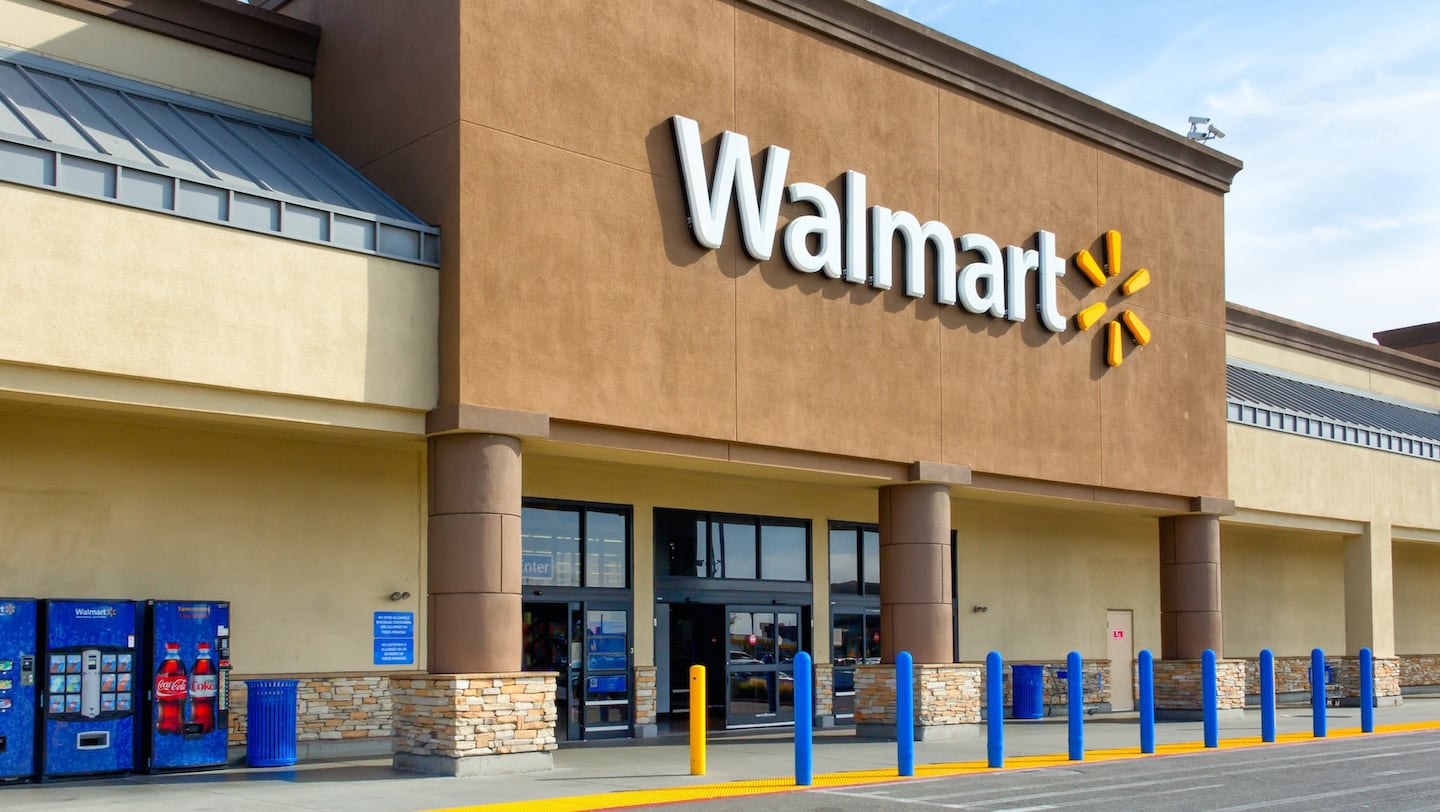
The Business of Fashion
Agenda-setting intelligence, analysis and advice for the global fashion community.

Agenda-setting intelligence, analysis and advice for the global fashion community.

BENTONVILLE, United States — Walmart has boosted wages, set ambitious sustainability goals and is pledging to promote more women into senior leadership — but Americans are still souring on the iconic brand.
While the retailer’s sales have improved thanks to less-cluttered aisles and a push into e-commerce, its image is lagging. After a recent peak in 2016, when the company said it would invest billions in stores and online to win back customers, public perception has declined for two straight years, according to the Reputation Institute, a research and advisory firm.
“Doing the right thing is one thing,” said Stephen Hahn-Griffiths, chief reputation officer at the institute, referring to Walmart’s worsening numbers. “Getting the credit for it is another.”
The group’s latest survey on Walmart was conducted before the news that migrant children are being housed in a Texas detention center that was once a Walmart. The retailer has responded to calls for a boycott on social media, saying it had no idea the former store — which it sold in 2016 — would be used for “such a disturbing purpose.” The location was purchased by a developer in a deal financed by Southwest Key Programs Inc., a nonprofit that operates about a dozen facilities in Texas.
ADVERTISEMENT
Hahn-Griffiths said there’s no evidence yet that the detention center has hurt Walmart’s reputation. Another corporate image tracker, the Harris Poll Reputation Quotient, also shows Walmart’s reputation peaking in 2016.
Walmart Chief Executive Officer Doug McMillon has repeatedly said that his goal is for Walmart to “be the most trusted retailer.” The company’s own internal tracking of its reputation shows improvements over the last couple of years with customers and the public overall, according to spokesman Randy Hargrove.
But the company is still dealing with negative sentiment stemming from lawsuits surrounding treatment of pregnant workers, a long-running bribery investigation in its overseas operations and efforts to prevent labor unions from organizing its U.S. stores. It’s taken some steps to address those, such as allowing pregnant workers to do temporary lighter duty.
“Walmart still has some prejudice to overcome,” Hahn-Griffiths said.
By Matthew Boyle, with assistance from Lisa Wolfson; editors: Crayton Harrison, Jonathan Roeder and Anne Riley Moffat.
The company, under siege from Arkhouse Management Co. and Brigade Capital Management, doesn’t need the activists when it can be its own, writes Andrea Felsted.
As the German sportswear giant taps surging demand for its Samba and Gazelle sneakers, it’s also taking steps to spread its bets ahead of peak interest.
A profitable, multi-trillion dollar fashion industry populated with brands that generate minimal economic and environmental waste is within our reach, argues Lawrence Lenihan.
RFID technology has made self-checkout far more efficient than traditional scanning kiosks at retailers like Zara and Uniqlo, but the industry at large hesitates to fully embrace the innovation over concerns of theft and customer engagement.